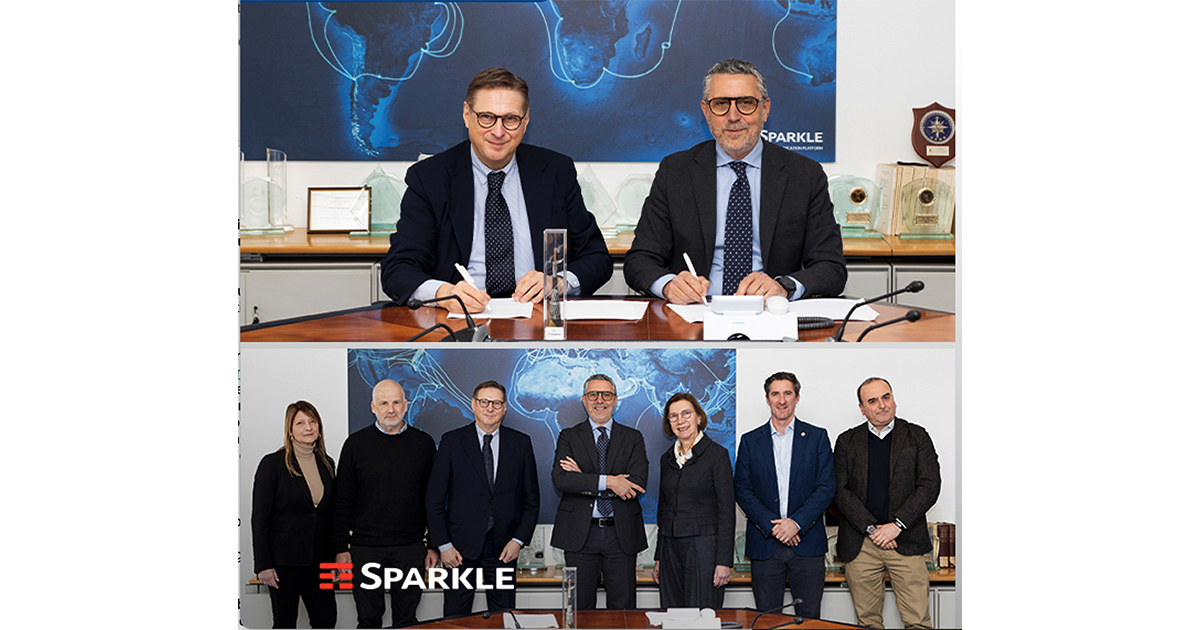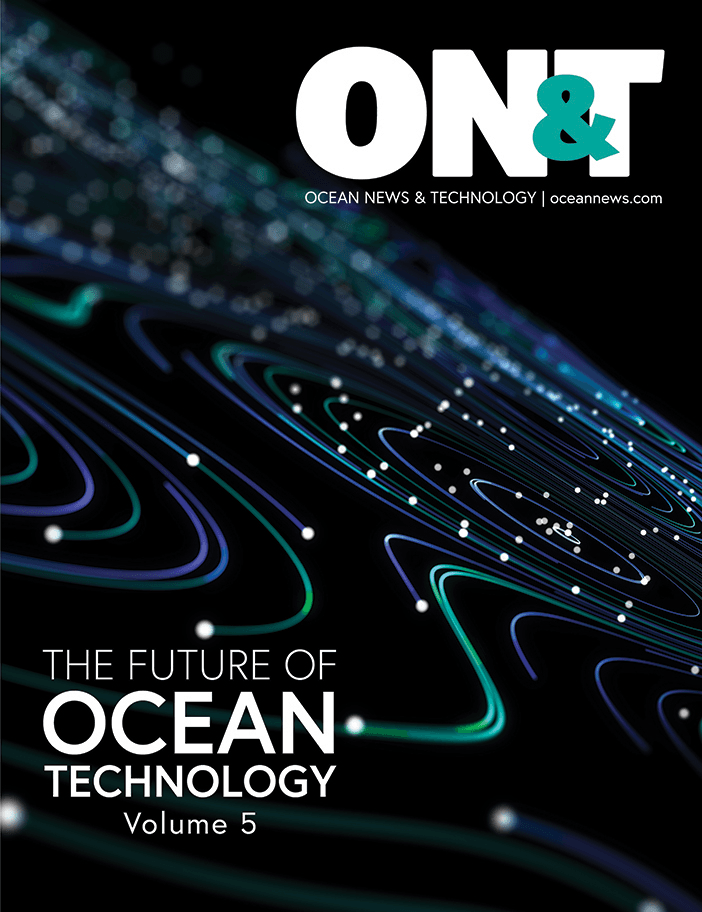Under the agreement, OEC will acquire from Sparkle over 22,000 km of telegraph, coaxial, and fiber optic subsea cables laid in the Mediterranean, generating an estimated saving of more than 35,000 tons of CO2e through secondary material manufacturing reuse.
Sparkle’s Out-of-Service submarine cables will be taken from the seabed and transported to the facilities of OEC and its partners, which will dismantle, separate, clean, and analyze the various components (optical fiber, copper, steel, aluminum, HDPE, and LDPE) until they are processed into high-quality regranulates. OEC will then return the materials with renewed value to industrial use as secondary raw materials.
“We are proud to be among the first global operators to undertake such an innovative initiative, promoting circular economy practices and reducing environmental impact,” said Enrico Bagnasco, CEO of Sparkle. “The collaboration with OEC represents a concrete step toward a more sustainable future, where resources from the past can be recovered and transformed into opportunities for the present and the future.”
”We are thrilled to partner with Sparkle on this important initiative. By retrieving and recycling these redundant cables, we are not only reducing the congestion and waste on the Mediterranean seabed but also reducing the need for virgin materials in manufacturing. This process significantly lowers carbon emissions and embodies the principles of a circular economy,” said Horst Brockmueller, CEO of OEC.
The collaboration with OEC is part of Sparkle’s broader commitment to making resources more efficient, reducing emissions, and creating a sustainable supply chain consistent with the TIM Group’s principles of sustainability and responsibility.

